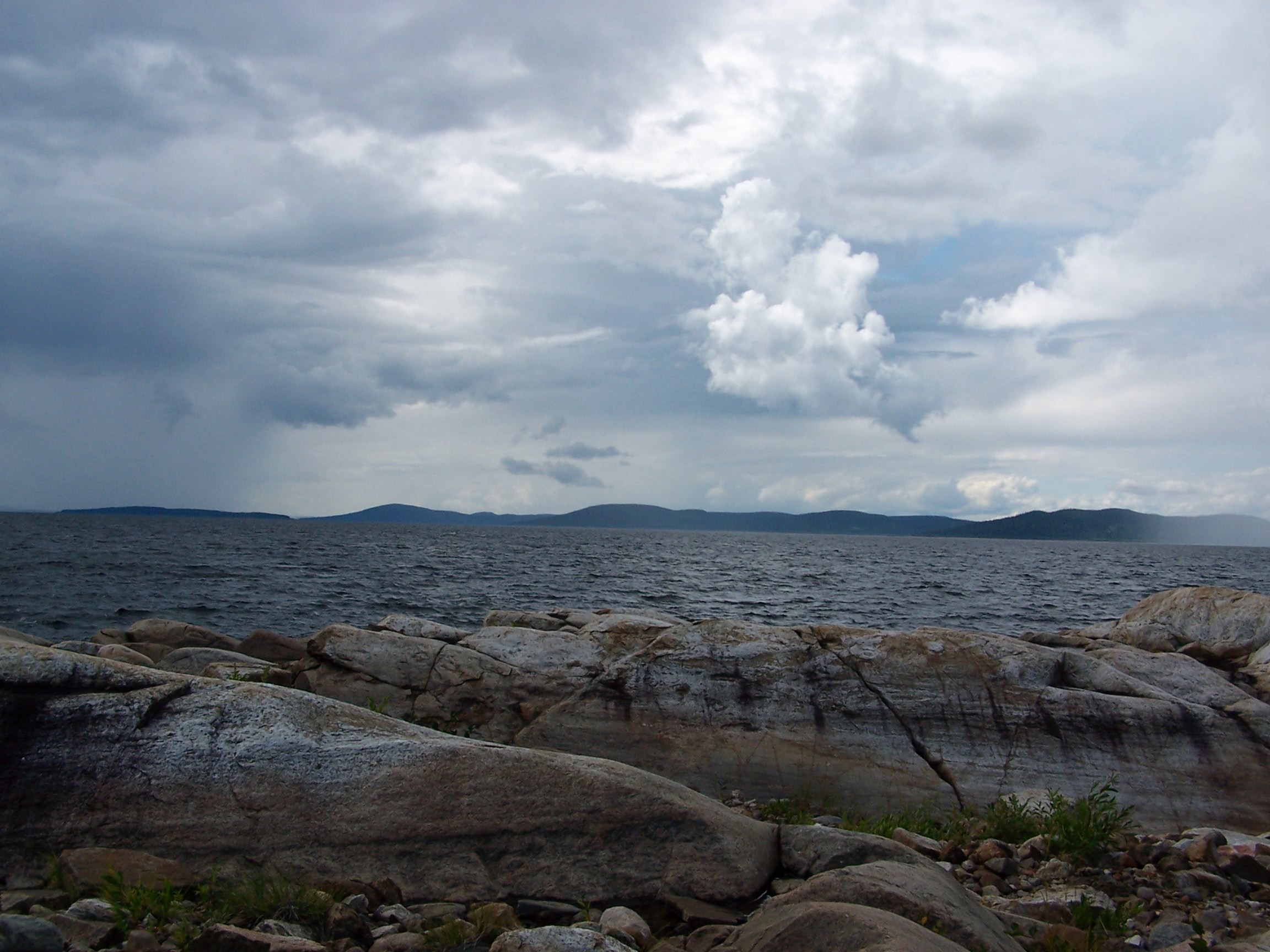A friend recently leant me a book called “The Lost Words”. This book lists twenty words relating to the natural world that were taken out of the Oxford Junior Dictionary (OJD)—a reference book aimed at young children and contains about 10,000 words. The book, beautifully illustrated by Jackie Morris and written by Robert Macfarlace, highlights twenty of the removed words, all connected to nature.

Obviously, when deciding upon what 10,000 words to use in a dictionary, choices have to be made. What would you pick? What would you leave out? Dictionaries have been doing this for years, adding in new words or new spellings, often to outraged critics. The editors of OJD decided to drop certain words relating to nature and added in new “modern” words. For example, “acorn”, “buttercup” and “starling” were all dropped. The words added were “blog” (ah, the irony in writing a blog about this) and “voice-mail” and “chatroom”.
As a writer, it makes me think that all of these lost words are specific nouns. Instead of using the word “tree” to describe something with a trunk, bark and leaves, a writer could use the specific name of the tree; for example, a “willow”.

For me, a willow conjures up the magnificent tree with bending branches with fine yellow leaves in the fall and pale green in the spring; it tells me there’s likely water nearby since willows are water-loving trees. Using specific nouns provides greater depth in writing. But willow is one of the words dropped out of the new OJD. I can tell you, in my dictionary, I would keep “willow” and drop “chatroom”.
The dropped words are obviously not actually “lost” but the worry is that by removing of nature words from a child’s dictionary is that we’re losing a connection to nature in favour of a connection to technology.
It feels like another lost battle in a bigger war of our slow disconnection to the natural world. We take out the word “newt” from the child’s dictionary because newts are disappearing but voicemail surrounds us.

I also began to wonder if there were other lost words. Words from a hundred years ago that we no longer commonly use. Words that could have been in a child’s dictionary from 1800’s but are no longer well known. The author, Macfarlace, wrote an earlier book listing nature words no longer commonly used in Britain. Interestingly, many related to different kinds of rain. Here’s a great rainy word: a letty – rain that stops you from doing outside chores. I will definitely be using this one. It’s a letty out there so I will read a book.
And then I came upon my favourite new (lost) word: Flenches. If the weather flenches, then it appears as it may improve later on, but never actually does. The weather provides a false sense of optimism.

I have often been accused—mostly when kayaking—of being over optimistic about the possible pending improved weather. Paddling in a downpour, I have said: “I think it may be a bit brighter to the east now” or “I think, I spotted a patch of blue sky to my left.” Now I can be told, “No, Seana, the weather is just flenching you.”
Then I thought, what a great possible verb! Besides referring to the weather, could I use this word as a verb in any false hope situation?
“How was your day, my dear?”
“Flenched.”
Example: I went to work with grand hopes of finishing a project and then my boss dumped on me a pile of new revisions; I skipped lunch hoping to finish it, only to have three new clients take over my afternoons with their demands. Yes, the day was flenched.
Ah – a great new verb from an old lost word!
It could describe that moment in a novel when the reader thinks that things might be getting better for the protagonist but they don’t actually improve at all. It’s that moment when maybe the protagonist has killed the evil one—lulling the reader into false security—only to have the evil one rises from the dead again! The Flench Moment. You heard it here first.
It could be used by someone who is hoping to secure some favour by giving false hope:
“Did Bill talk to you about loaning him the money because of the terms of father’s will?”
“Yes, he’s flenching us again.”
How could we have lost this word and all of its potential?
Here’s my promise: I will use this word somewhere in my current work in progress. And here’s my challenge to other writers: find a lost word and use it in your writing. Dig out those old specific nouns and give them a new life on your page.
